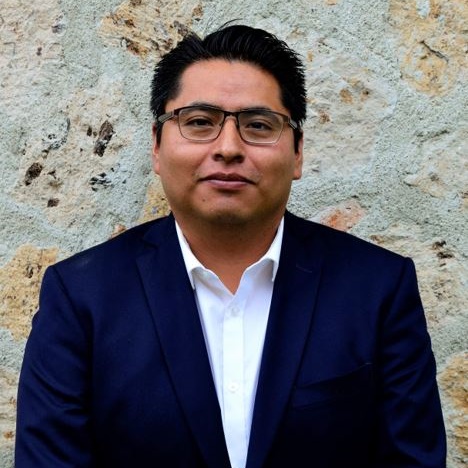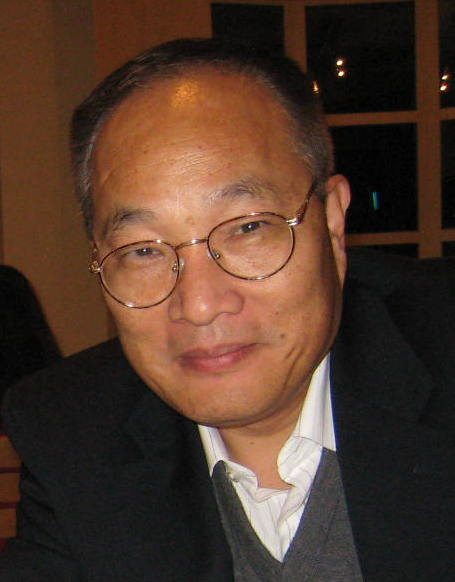Speakers
Confirmed Speakers
| Evolutionary Dynamics and Bifurcations in Nonlinear Dynamical Systems with Fuzzy Uncertainties | |
.JPG) |
Ling Hong Xi'an Jiaotong University, China Abstract: Responses and bifurcations of nonlinear dynamical systems with fuzzy uncertainties are studied by means of the Fuzzy Generalized Cell Mapping (FGCM) method. A rigorous mathematical foundation of the FGCM is established as a discrete representation of the fuzzy master equation for the possibility transition of continuous fuzzy processes. The FGCM offers a very effective approach for solutions to the fuzzy master equation based on the min–max operator of fuzzy logic. A fuzzy response is characterized by its topology in the state space and its possibility measure of membership distribution functions (MDFs). A fuzzy bifurcation implies a sudden change both in the topology and in the MDFs. The response topology is obtained based on the qualitative analysis of the FGCM involving the Boolean operation of 0 and 1. The MDFs are determined by the quantitative analysis of the FGCM with the min–max calculations. With an increase of the intensity of fuzzy noise, noise-induced escape from each of the potential wells (attractors) defines two types of bifurcations, namely catastrophe and explosion. This talk focuses on the evolution of transient and steady-state MDFs of the fuzzy response. As the intensity of fuzzy noise increases, steady-state MDFs cover a bigger area in the state space with higher membership values spreading out to a larger area. The previous conjectures are further confirmed that steady-state MDFs are dependent on initial possibility distributions due to the nonsmooth and nonlinear nature of the min–max operation. It is found that as time goes on, transient MDFs spread around stable invariant sets. The evolutionary orientation of transient MDFs aligns with unstable invariant manifolds leading to stable invariant sets. Two examples of additive and multiplicative fuzzy noise are given. Bio: Dr. Ling Hong is currently a professor in the School of Aerospace at Xi’an Jiaotong University. She serves as the Associate Editor of International Journal of Dynamics and Control published by Springer. Dr. Ling Hong earned her PhD from Xi’an Jiaotong University in 2001. She worked as a postdoctoral fellow at the University of Delaware in USA from 2004 to 2006. She was awarded the National Nature Science Award in 2003 and nominated for ‘The Best 100 PhD Theses of China’ in 2004. Her research area is nonlinear dynamics and control focusing on global dynamics, bifurcations and chaos. The following are her research projects from NSFC that she has currently been working: (1) Study on Evolutionary Dynamics of Transient Responses and Membership Distribution Functions for Fuzzy Nonlinear Systems (PI from 2017 to 2020) (2) Study on Analysis Methods and Phenomena Mechanisms for Dynamics of Fuzzy Non-smooth Systems (PI from 2020 to 2023). More information about her research contribution can be found from http://gr.xjtu.edu.cn/web/hongling |
| Evolutionary Multi-Criterion Optimization: Three Decades of Research and Applications | |
 |
Kalyanmoy Deb |
| Thermal solar energy, a solution for a more sustainable future | |
 |
Ivan Salgado Transito More information about his research contribution can be found from https://www.cio.mx/investigadores/ivan_salgado |
| Ultra-High Density Piezoelectric Energy Harvesting System from Highway Traffic | |
 |
Jian-Qiao Sun More information about his research contribution can be found from https://www.ucmerced.edu/content/jian-qiao-sun |

